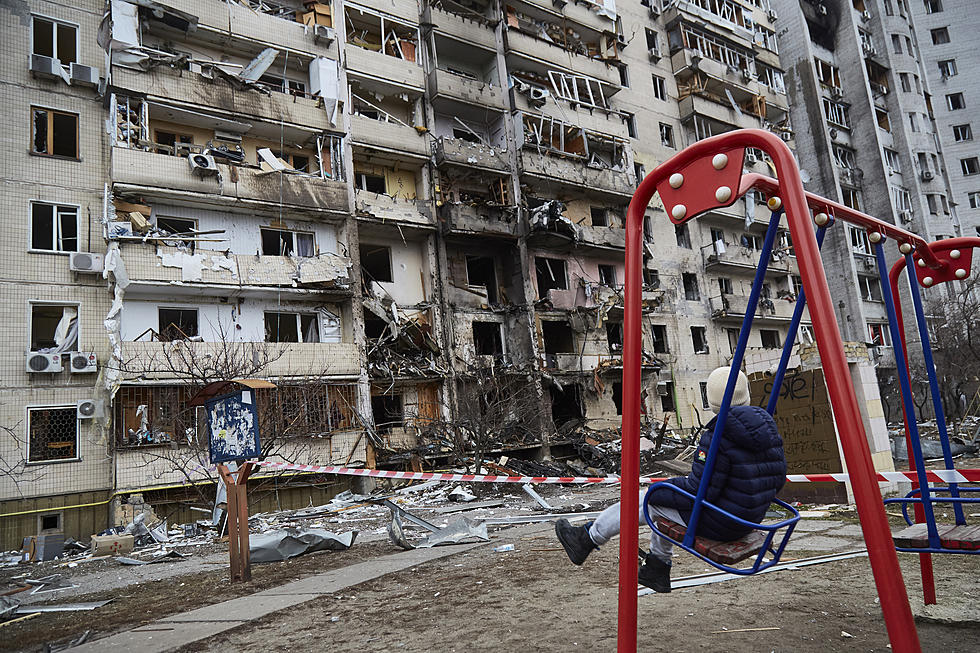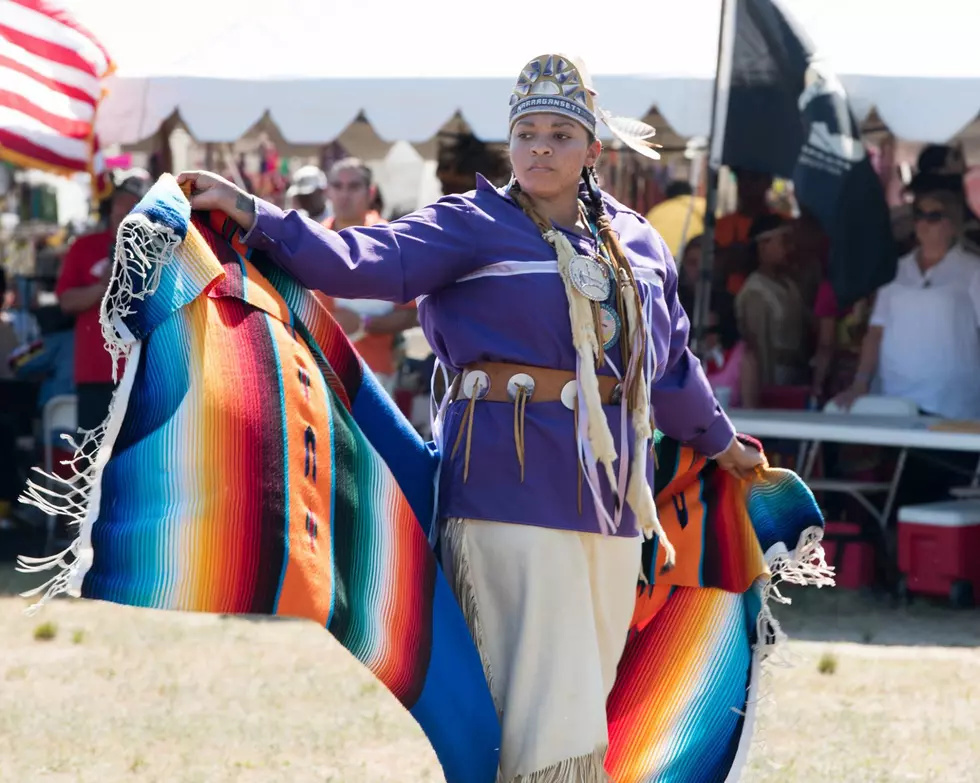
UMass Dartmouth Ukraine Expert: Russian Aggression ‘Reminds Me of Hitler’
DARTMOUTH — As the world watches Ukraine desperately withstanding the Russian invasion that started last week, a UMass Dartmouth history professor with deep ties to the region speaks out against the war.
Overnight and into the morning on Feb. 24, Russia launched a large-scale unprovoked attack on Ukraine that shocked people and nations across the globe.
Thousands have been killed, including hundreds of civilians, and so far around 400,000 people are estimated to have been displaced.
Prof. Brian Glyn Williams has lived in Kyiv and has written books on Russian military aggression in Crimea and elsewhere.
"I lived in Kyiv in both the Soviet period and the post-Soviet period," he said, adding that he loves the country. "I have lots of friends in Kyiv."
He explained that Russian aggression in Ukraine didn't start with the Feb. 24 invasion, but began in 2014, when Russia annexed the southern peninsula of Crimea.
"I have been watching this with dismay for years now," Williams noted.
"He was setting the stage," he said of Russian President Vladimir Putin's first incursion into Ukrainian territory. "This reminds me of Hitler."

Williams said just as Hitler started slowly taking over Europe with parts of Austria and Czechoslovakia, Putin may be looking to expand further.
"I see Putin's annexation of Crimea as the first step of his aggressions, moving more and more towards the West," he said. "And I'm fearful that he'll move from Ukraine into Eastern Europe, to the Warsaw Pact countries that have now joined NATO."
Despite widespread condemnation and protests worldwide — including in Russia — of the unprovoked attack, Russian forces continue to advance toward Kyiv.
But for now, the Ukrainians are holding up, buoyed by international support in weapons, oil and food supplies, and harsh sanctions imposed on Russia that are expected to have huge repercussions when markets open Monday.
Of his friends in Ukraine, Williams said he was worried about them, describing them as "terrified," and "living in unimaginable fear."
"This is almost like World War II for them, like the Nazis storming into Europe, into France," he said. "They're hiding out in metro [stations] and basements and things, to avoid bombardments."
According to Ukraine's Interior Ministry, more than 350 Ukranian civilians died in the first four days of the war — and 14 of them were children.
Williams said he was "disturbed" by former U.S. president Donald Trump recently praising Putin, whom the professor called a "monster."
"I want [Ukrainians] to succeed in fighting for their independence and freedom from this autocratic monster, Putin," Williams said.
"Ukraine is a wonderful democratic country. The people broke away from Putin's Russia to fight for freedom," Williams said. "And Putin, this autocrat, this dictator, this bully, never forgave them for breaking away to join the West, to join democracy.
"To see this democracy attacked, and women and children being forced to flee burning cities — it is heartbreaking and frustrating to me that we don't have more of a response here in America."
Celebrities React to the Russian-Ukraine Crisis
A Guide to New Bedford's Memorial Tanks and Cannons
More From WFHN-FM/FUN 107





![UMass Dartmouth Professor Offers Grim Outlook on Global Hotspots [TOWNSQUARE SUNDAY]](http://townsquare.media/site/518/files/2024/02/attachment-GettyImages-1458232043.jpg?w=980&q=75)



